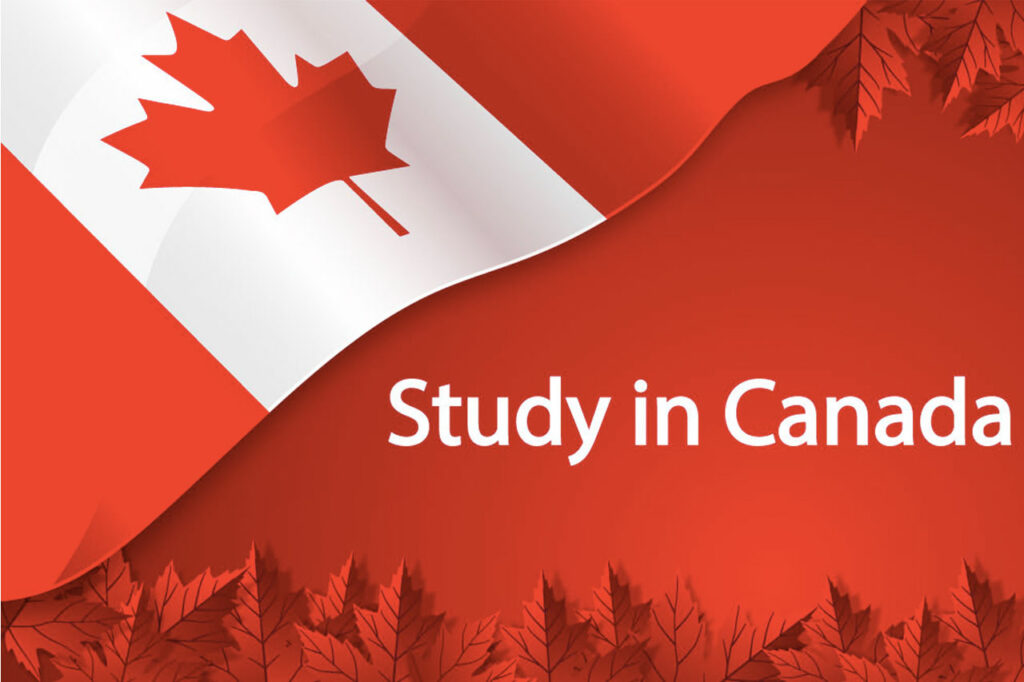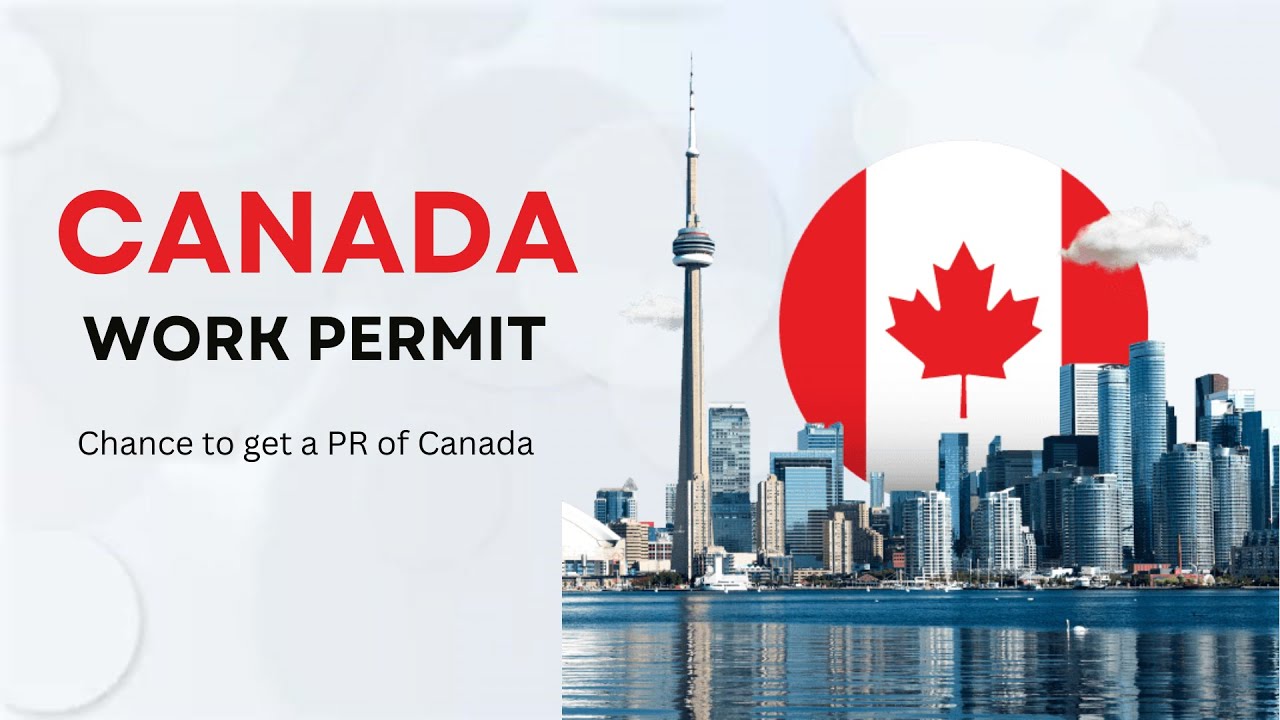The Complete Guide to Obtaining a Student Visa for Canada – Canada is a highly sought-after destination for international students due to its world-class educational institutions, multicultural environment, and high quality of life.
However, before you can embark on your academic journey in Canada, you must secure a student visa, officially known as a Study Permit.
This guide will walk you through the entire process of obtaining a Canadian student visa, ensuring you have all the information you need to make your application successful. The Complete Guide to Obtaining a Student Visa for Canada..
Understanding the Canadian Student Visa
A Canadian student visa is a document issued by Immigration, Refugees, and Citizenship Canada (IRCC) that allows foreign nationals to study at designated learning institutions (DLIs) in Canada.
This permit is required for any program of study longer than six months. For shorter programs, a regular visitor visa may suffice, though it is advisable to check specific requirements based on your nationality and the program. The Complete Guide to Obtaining a Student Visa for Canada..
Eligibility Requirements
To be eligible for a Canadian student visa, applicants must meet several key requirements:
- Acceptance from a DLI: You must have a letter of acceptance from a recognized educational institution in Canada. This letter is essential as it proves you have been admitted to a program of study.
- Proof of Financial Support: You need to demonstrate that you have sufficient funds to cover tuition fees, living expenses, and return transportation. As of 2024, the minimum amount required is CAD 10,000 per year for living expenses, plus the cost of tuition and return airfare.
- No Criminal Record: Applicants must provide a police certificate to show that they have no criminal history. This ensures that you do not pose a risk to Canadian society.
- Good Health: In some cases, you may be required to undergo a medical examination to prove that you are in good health and free of any conditions that could pose a threat to public health.
- Intent to Leave Canada: You must convince the immigration officer that you will leave Canada at the end of your authorized stay. This involves providing evidence of ties to your home country, such as family, employment, or property.
The Application Process
The process of applying for a Canadian student visa involves several steps:
- Obtain a Letter of Acceptance: Before you can apply for a visa, you must secure admission to a Canadian DLI. The institution will provide you with an official letter of acceptance, which you need for your visa application.
- Gather Required Documents: Prepare all necessary documents, including your passport, letter of acceptance, proof of financial support, passport-sized photographs, and any other documents specified by IRCC.
- Complete the Application Form: Fill out the Study Permit application form (IMM 1294) accurately. Make sure to double-check all information to avoid any mistakes that could delay your application.
- Pay the Application Fee: As of 2024, the application fee for a Canadian study permit is CAD 150. This fee is non-refundable, so ensure all your documents are in order before submitting your application.
- Submit Your Application: You can apply online or through a Visa Application Centre (VAC) in your country. Online applications are generally faster and allow you to track the status of your application more easily.
- Biometrics Appointment: After submitting your application, you may be required to provide biometrics (fingerprints and photo). This step is mandatory for most applicants and involves an additional fee of CAD 85.
- Attend an Interview (if required): In some cases, you may be asked to attend an interview with a visa officer. This is to verify the authenticity of your documents and your intentions.
- Wait for a Decision: Processing times vary depending on your country of residence, the volume of applications, and other factors. Generally, it takes a few weeks to a few months.
After Receiving Your Visa
Once your application is approved, you will receive a Port of Entry (POE) Letter of Introduction. This letter, along with your visa or Electronic Travel Authorization (eTA), will allow you to enter Canada. Upon arrival, you must present these documents to a border services officer, who will issue your study permit.
Working While Studying
One of the major benefits of studying in Canada is the ability to work while you study. International students with a valid study permit are allowed to work on or off-campus for up to 20 hours per week during regular academic sessions and full-time during scheduled breaks.
Post-Graduation Opportunities
Canada offers several pathways for students to remain in the country after graduation:
- Post-Graduation Work Permit (PGWP): Graduates from eligible Canadian institutions can apply for a PGWP, which allows them to work in Canada for up to three years. This work experience can be valuable when applying for permanent residency.
- Express Entry: This is a point-based immigration system that includes the Canadian Experience Class (CEC) for those with Canadian work experience. Graduates with a PGWP and Canadian work experience may qualify for this program.
- Provincial Nominee Programs (PNPs): Many provinces have programs that nominate individuals for permanent residency based on local labor market needs. International graduates often find these programs a viable route to staying in Canada.
Tips for a Successful Application
- Start Early: Begin your application process as soon as you receive your acceptance letter. This allows ample time to gather documents, complete forms, and address any unexpected issues.
- Be Accurate and Honest: Ensure all information provided is accurate and truthful. Any discrepancies or false information can lead to delays or even denial of your visa.
- Keep Copies of All Documents: Make copies of all documents submitted for your application. This is useful for reference and in case any documents are lost.
- Follow Up: Regularly check the status of your application online and respond promptly to any requests for additional information.
- Seek Assistance if Needed: If you find the process overwhelming, consider consulting a certified immigration consultant or lawyer who specializes in Canadian immigration.
Challenges and How to Overcome Them
- Financial Proof: Demonstrating sufficient funds can be challenging for some students. Consider securing scholarships, obtaining letters of financial support from family, or showing proof of existing assets.
- English/French Proficiency: Proficiency in English or French is crucial. Prepare for language tests like IELTS or TOEFL (for English) and TEF (for French) to meet the required scores.
- Complex Paperwork: The application process involves extensive paperwork. Stay organized, use checklists, and ensure all forms are filled out correctly.
- Cultural Adjustment: Moving to a new country can be daunting. Research Canadian culture, join student forums, and engage with support services provided by your institution.
Conclusion
Securing a Canadian student visa is a detailed and sometimes complex process, but with careful preparation and attention to detail, it is achievable.
Canada offers a wealth of opportunities for international students, from top-notch education and multicultural experiences to various post-graduation pathways.
By following this guide and meeting all the requirements, you can set yourself on a successful path to studying and potentially starting a new life in Canada. The Complete Guide to Obtaining a Student Visa for Canada….










